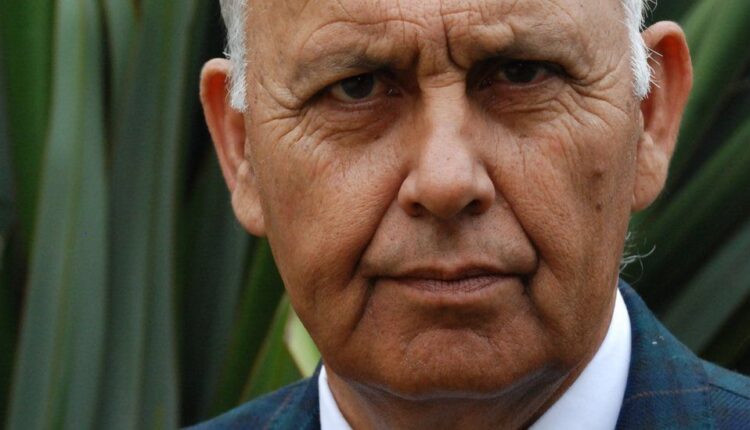Half a century after he died and 12 years after allegations first surfaced that he was murdered on the orders of the dictatorship of Gen Augusto Pinochet, the death of Chile’s most famous poet, Pablo Neruda, remains shrouded in mystery.
An investigation into it has run for more than a decade and has yet to reach a conclusion. Forensic experts in Canada, Denmark and elsewhere have pored over the poet’s remains in a bid to establish what killed him, but have been unable to provide a definitive answer.
Meanwhile, the man who first made the allegation – the poet’s former driver and personal assistant, Manuel Araya – himself died in June this year, aged 77, without ever seeing an end to the case.
“We need clarity,” Neruda’s nephew Rodolfo Reyes told the BBC in a recent interview. “The ball is in the court of the judge who’s investigating the case and we’re all waiting for her to make a declaration.”
Neruda, who won the Nobel Prize for Literature in 1971 and was famed for his love poetry, died 50 years ago this weekend, on 23 September 1973, just 12 days after the military coup that brought Gen Pinochet to power. He was 69.
He had been suffering from prostate cancer and his death certificate said he died of “cancerous cachexia” – a wasting away caused by the disease.
But in 2011, Araya, who worked for Neruda in the last year of the poet’s life, claimed Neruda had been given a lethal injection in hospital to stop him going into exile in Mexico, from where he planned to lead opposition to the Pinochet regime.
Neruda was a communist and close friend of Salvador Allende, the socialist president deposed in the coup.
“They murdered Neruda because it wasn’t in Pinochet’s interests for him to leave the country,” Araya told the BBC.
In response to his claim, Neruda’s remains were exhumed in 2013 and subjected to forensic tests.
A panel of experts led by scientists at McMaster University in Toronto and the University of Copenhagen concluded that he did not die of cancer, but they could not say what he did die of, and so more tests were ordered.
In February this year, they returned with another report. They had found traces of the bacterium clostridium botulinum in one of Neruda’s teeth.
“The botulism strain produces one of the deadliest toxins known to mankind, botulinum, and is known to have been used as a biological weapon in several countries,” the experts said.
However, they cautioned that there was no definitive proof that clostridium botulinum had killed Neruda, “nor that it was intentionally used to do so”. The scientists’ report is before Chile’s judicial authorities now.
The judge considering the case, Paola Plaza, is expected to issue a view on the investigation, although it is unclear when. She could order further tests in a bid to establish the truth.
Source: BBC


Comments are closed.